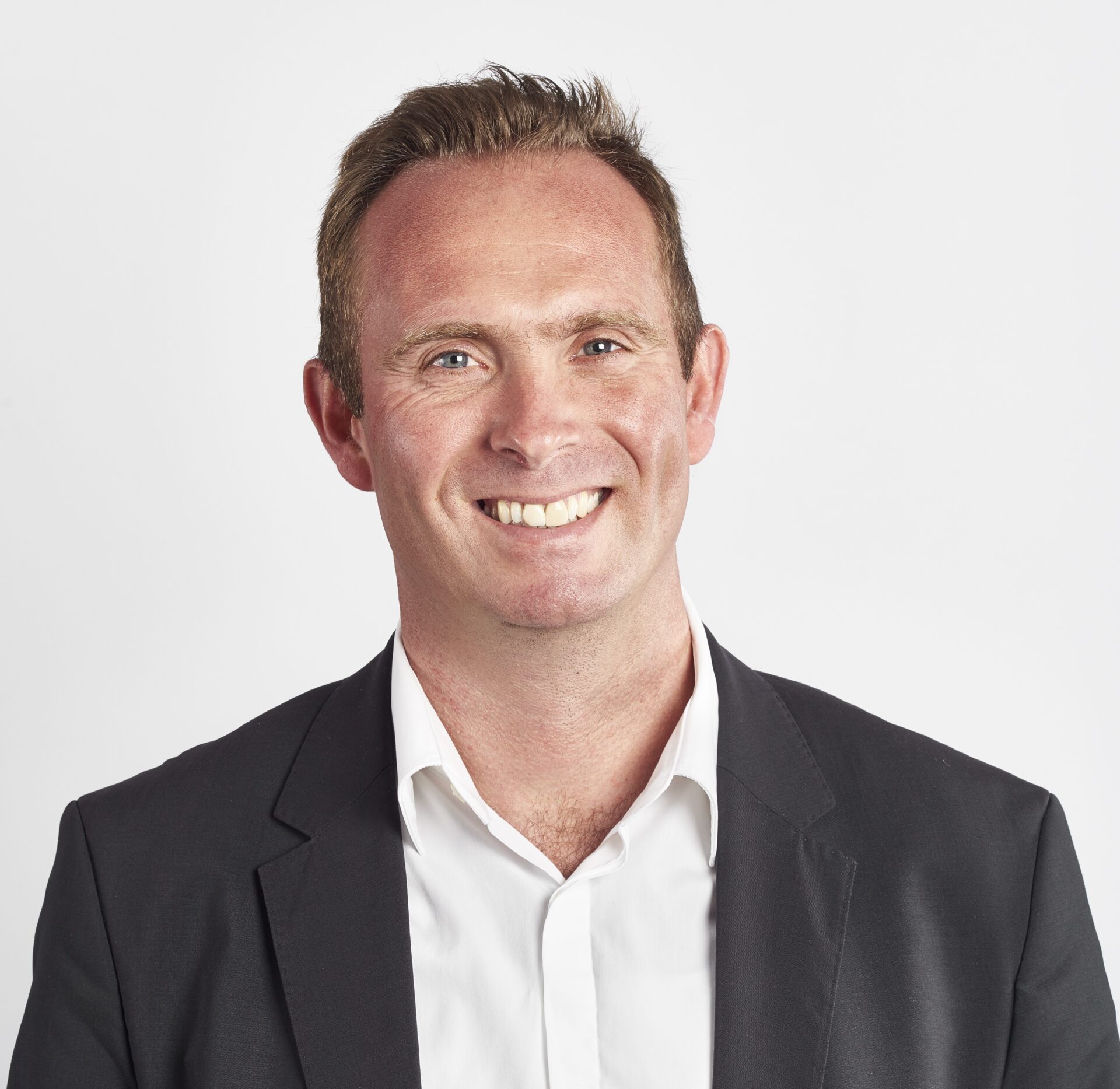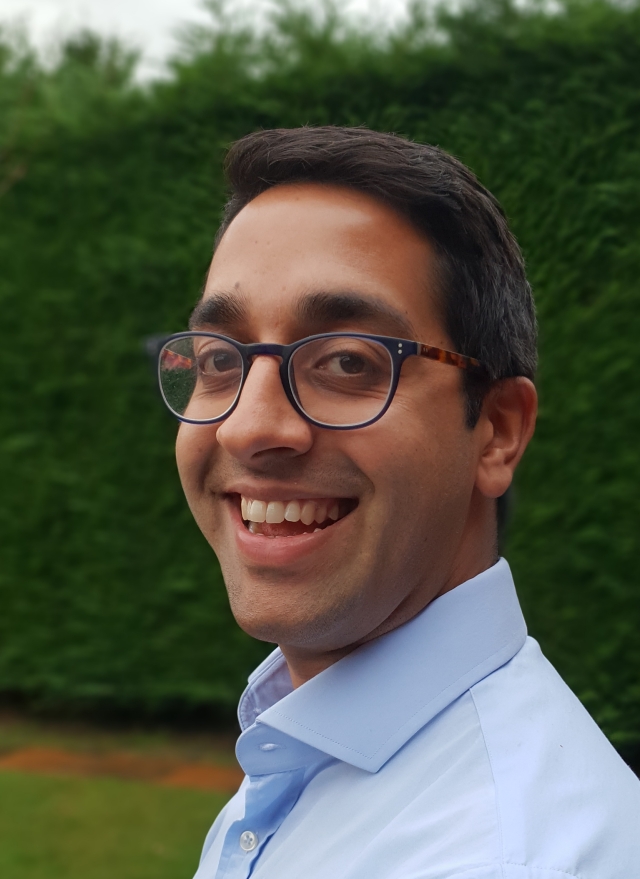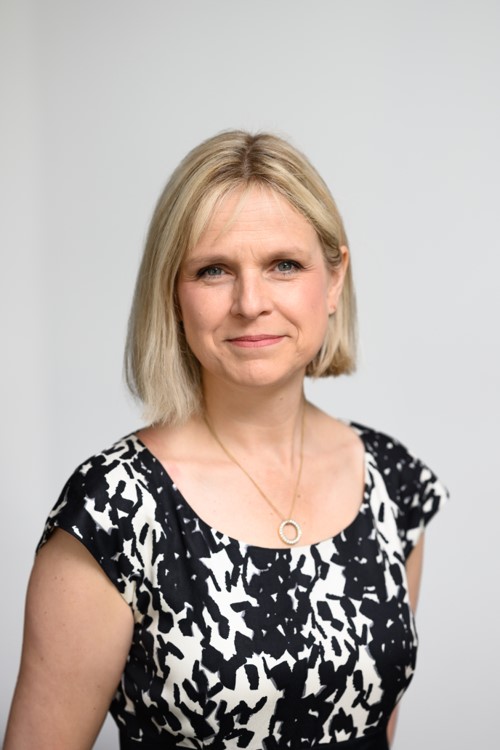Major conditions like chronic cardiovascular and lung disease account for a disproportionate share of healthcare resources and are tied to inequalities. Lenus Health provide AI and digital tools to existing care pathways to improve healthcare delivery, reduce admissions and improve outcomes. We spoke to Paul McGinness, CEO and co-founder of Lenus Health to find out more.
Tell us about the innovation. The what and the why?
Major chronic conditions are a huge challenge for healthcare as they require a disproportionate share of resources. It’s estimated that these patients account for 70% of total health and social care expenditure and are a leading cause of hospital admissions, with 80% of heart failure diagnoses made following emergency admission.
I strongly believe in making a positive impact in society by applying the culture, processes, operating models and technologies of the internet-era to the healthcare sector. I spent two decades delivering large scale digital transformation in public sector and I identified an urgent need to apply the same approach to healthcare and specifically the area of chronic conditions.
We began building the Lenus platform in 2018 as a collaborative project with NHS patients and clinicians in Scotland to deliver a proactive and preventative model of care where AI could be embedded into transformed and digitally enabled care pathways. This led to the establishment of Lenus Health as a separate business to deliver on this vision.
We’ve initially focused on transforming diagnosis pathways as it is critical to both Urgent and Emergency Care (UEC) recovery by avoiding admissions of undiagnosed patients and elective care recovery in reducing waiting lists and improving patient experience. This service began in cardiology where we have evidenced a 78% reduction in time to diagnosis for Heart Failure patients using our digital pathway product. This is now expanding across a range of cardio-respiratory conditions pathways.
To date, we’ve supported more than 17,500 people in the UK and launched the world’s first predictive AI in the direct care of patients with chronic conditions.
Which health innovation networks have you been supported by?
Health Innovation Yorkshire & Humber (HIYH) has supported Lenus with the development of a successful SBRI funding application. HIYH has now join the Project Board for the project which focuses on evidence reduce admissions in COPD patients by using supported self-management and remote monitoring tools. HIYH also attends the bi-monthly project meetings and supported the direction of the project and management of any risks.
HIYH has been particularly helpful by providing guidance on how to shape our evaluation and final report for the project, as well as:
- Introducing us to key clinical stakeholders, which has led to useful discussions and further introductions.
- Highlighting relevant funding routes.
- Recognising the close ties our SBRI project outcomes have with our Respiratory Virtual Wards services in UEC recovery and supported a move to evaluate both together.
- Giving us a platform to present our project outcomes with others in the region.
We’ve also benefitted from the support of Health Innovation East, which helped with the identification of collaborative sites, supported the identification of funding opportunities, and assisted with validation with NHS representatives of our credentials.
What’s been the toughest obstacle to date?
There have been a number of obstacles:
- While there is no shortage of health data, unlocking and structuring it from fragmented systems is a real challenge, which is why we’ve chosen to go upstream to diagnostics pathways to capture the data at source.
- Echocardiography is an important tool in cardiovascular disease, and breathlessness pathways has one of the longest waits in the NHS, so developing a digital pathway that focused on improving access was critical given the current workforce challenges, which are especially well known for sonographers.
- Clinician feedback about the ‘firehose of data’ they’re presented with. Simply digitising existing services won’t cut it, which is why we focus on evidencing digital transformation in our clinical studies to date.
What are your hopes for the future?
The big picture vision is for improved population health outcomes. I’m encouraged by the funding to accelerate the adoption of digital tools, as well as NHS ambitions to harness the power of AI.
Leveraging the power of AI to address the growing burden of chronic conditions can be the transformative approach we need, enabling early diagnosis, personalised treatment, predictive analytics and streamlined administrative processes.
What’s the best part of your job?
One is the ability to innovate and see the impact of our work. As an industry partner, I feel privileged to have the opportunity to work hand in hand with clinicians and patients to improve their experience and outcomes. Building clinical and economic evidence further validates the impact beyond personal experience.
I also truly value the ability to meaningfully discuss an evidence-based approach to transformation with key decision makers, especially as ICBs are focused on delivering the NHS long term plan and addressing health inequalities.
Another great part of my job was the moment when independent economic evaluation of the OPERA project reported that by reorienting diagnostics to the community, echo waitlists very quickly dropped from 12 months to six weeks.
Finally, it’s also exciting to be at the cutting edge of the AI in healthcare space. By structuring data within the diagnostic pathway, we get to usher in a new era of care shifting from reactive to a proactive model, which will help protect the NHS for years to come.
What are your three pieces of advice for budding innovators?
- Never stop talking to your users:
- I’ve always been a strong believer in co-design and users voting with their feet.
- Many digital services see a big drop in use after an initial period. We’ve validated sustained patient usage in the RECEIVER clinical trial for support self-management in COPD – I can credit that to the robust user engagement in its development.
- Bet on your technical insights:
- Having founded and led tw tech companies, I can confirm that it’s important to foster a dynamic environment that plays to the strengths of its employees.
- Every organisation has unique insights. If you can turn these insights into solution focussed products and services, then it can lead to major innovation.
- Have a mission that matters:
- Driving transformation is not easy and the road is still being paved for cutting-edge technologies like ours. A focus on something important to you matters.
- We are motivated as a team of people improve healthcare for patients and healthcare workers to protect all that is good in the NHS for future generations.

The government has set out three shifts it wants to see happen: treatment to prevention, hospital to community, analogue to digital. HealthTech has a crucial role in supporting the delivery of all three. But using technology to help deliver these changes requires procuring the technology, and when all the noise is about there being no [...]

Dr Anish Bhuva, is the founder of Pace MRI, a Consultant Cardiologist at Barts Heart Centre and an Associate Professor at University College London. Tell us about the innovation. What does it do, how does it help, who does it help and why is it important? Pace-MRI is an award-winning digital tool that manages complex [...]

As we celebrate International Women’s Day, Anna King, Commercial Director at Health Innovation Network South London, identifies how FemTech is 'Accelerating Action' in UK healthcare and driving economic growth. In recent years, FemTech - the sector focused on women’s health and wellness technology - has gained significant traction globally. In the UK, this growing sector [...]









